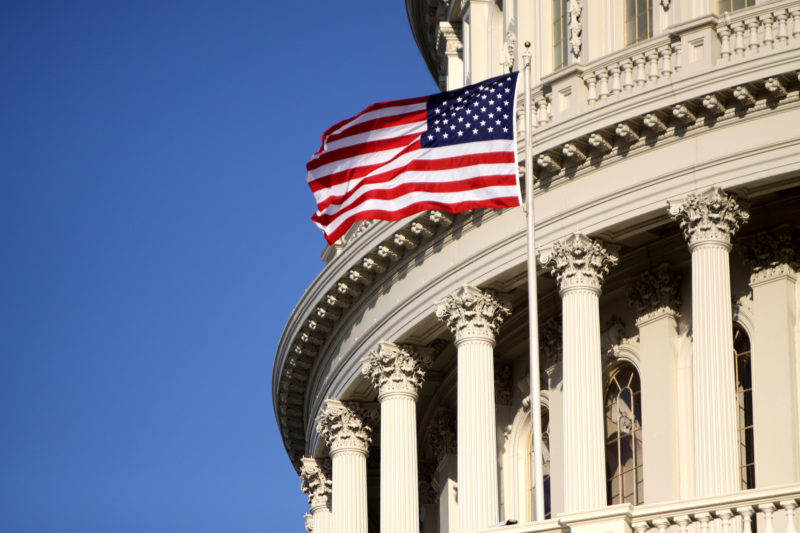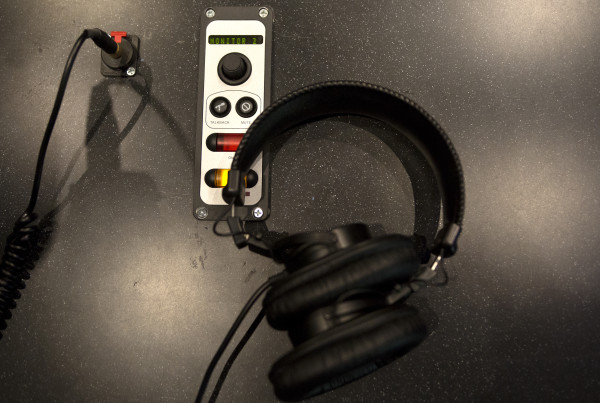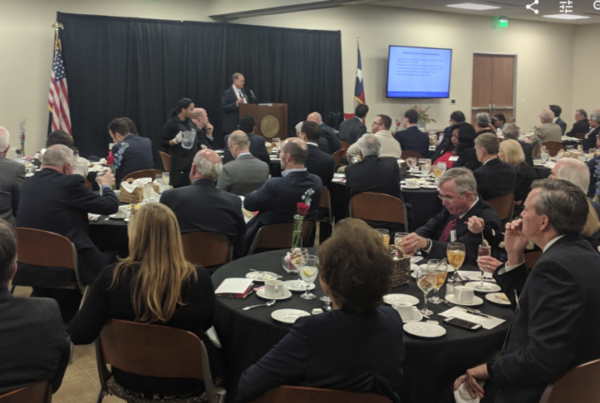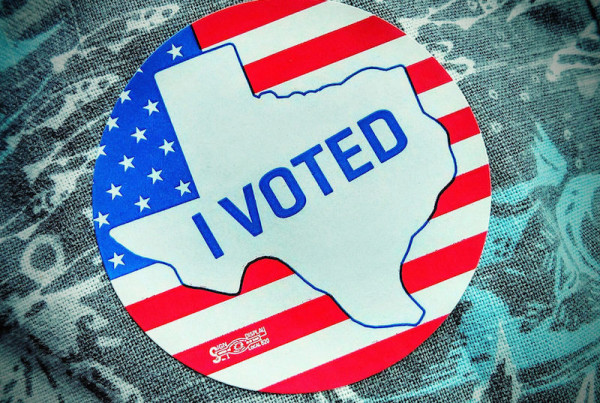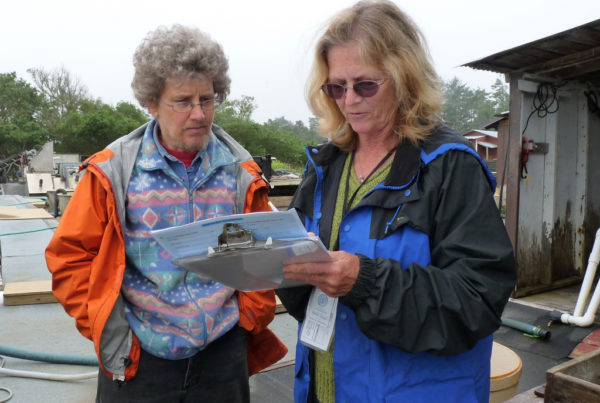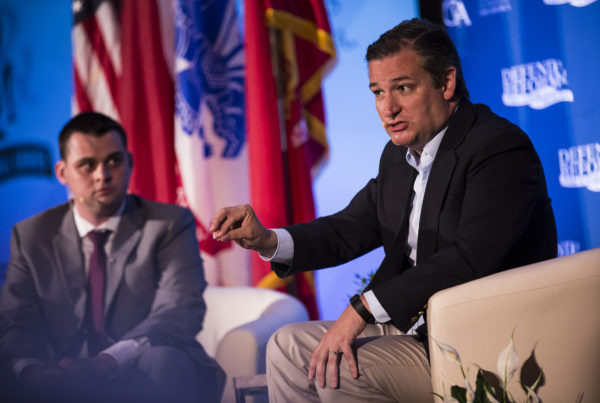During Tuesday’s White House meeting between Democratic and Republican Congressional leaders, President Donald Trump strayed from the subject of immigration to the topic of how things get done in Washington, and a practice that was banished by Congress in the name of reform.
“You know our system lends itself to not getting things done,” Trump said. “And I hear so much about earmarks, the old earmarks system where there was a great friendliness when you had earmarks. But of course, you had other problems when you had earmarks, but maybe all of you should start thinking about going back to a form of earmarks, because this system…Well you should do it!”
To some, bringing back earmarks seems absurd. These set-asides funded the so-called pork barrel projects that lawmakers won for their districts – a power plant, a bridge, a museum. They were banned in 2011 after a series of scandals. But it’s not just the president who’s considering bringing them back. House Republicans will hold a series of hearings on the subject later this month.
Scott Frisch, chair of the political science department at California State University – Channel Islands, and author of several books on earmarks, is a fan. He says that if earmarks are dispensed openly, they’re “a good way of doing business.”
Frisch says the under current system, without earmarks, the public doesn’t know how projects are chosen, or who benefits.
“Instead of being chosen by the elected voices of the people, they’re chosen by nameless, faceless bureaucrats,” he says.
Congress worked better when earmarks were allowed, Frisch argues.
“It sounds crass that they become bargaining chips in overall bills, but if a member of Congress has a project in a large bill, they’re more likely to cooperate than if they don’t,” Frisch says.
Written by Shelly Brisbin.


